Strategies for Reducing Energy Use During Extreme Summer Weather Conditions
Extreme heat can lead to skyrocketing energy bills as air conditioning units work overtime to keep homes and businesses cool. However, there are several effective strategies to reduce energy use while staying comfortable during these intense weather conditions. Here are specific steps you can take to manage your energy consumption and minimize costs.
- Optimize Your Thermostat Settings
Adjusting your thermostat settings can have a significant impact on your energy use during extreme heat:
- Set Your Thermostat Higher: Aim for 78°F (26°C) when you’re home and need cooling. When you’re away, set it even higher, around 85°F (29°C).
- Use Programmable Thermostats: These devices can automatically adjust the temperature based on your schedule, reducing energy use when you’re not home or during cooler parts of the day.
- Use Fans Wisely
Fans can be a great supplement to your air conditioning:
- Ceiling Fans: Use ceiling fans to circulate air. They create a wind-chill effect that makes you feel cooler, allowing you to set your thermostat a few degrees higher.
- Portable Fans: Use portable fans in rooms where you spend the most time. Turn them off when you leave the room.
- Block Out the Sun
Reducing the amount of heat that enters your home can decrease the load on your air conditioning system:
- Close Blinds and Curtains: Keep blinds and curtains closed during the hottest parts of the day to block out direct sunlight.
- Use Reflective Window Film: Apply reflective film to windows to reduce heat gain.
- Install Awnings or Shade Trees: External shading options can significantly reduce the heat entering through windows.
- Maintain Your Air Conditioning System
An efficient air conditioning system uses less energy to cool your home:
- Regular Maintenance: Schedule regular maintenance checks to ensure your system is running efficiently. Clean or replace filters every 1-2 months.
- Clean the Condenser Unit: Make sure the outdoor condenser unit is free of debris and has adequate airflow.
- Seal Ducts: Ensure that your ductwork is properly sealed to prevent cool air from escaping.
- Reduce Heat-Generating Activities
Certain household activities generate a lot of heat, which can make your air conditioning work harder:
- Limit Oven Use: Use the microwave, slow cooker, or grill outside instead of the oven.
- Turn Off Heat-Producing Appliances: Unplug electronics and appliances when not in use.
- Run Appliances at Night: Run dishwashers, washing machines, and dryers during the cooler evening hours.
- Improve Home Insulation
Proper insulation helps keep your home cool by reducing the amount of heat that enters:
- Insulate Attics and Walls: Ensure your attic and walls are well insulated to prevent heat from penetrating.
- Seal Gaps and Cracks: Use caulk or weatherstripping to seal gaps around windows, doors, and other openings.
- Use Energy-Efficient Lighting
Traditional incandescent bulbs generate a lot of heat:
- Switch to LEDs: LED bulbs produce less heat and use less energy.
- Minimize Lighting: Turn off lights when not needed, especially during the day.
- Utilize Natural Ventilation
When temperatures drop in the evening, take advantage of natural ventilation:
- Open Windows: Open windows and doors to allow cool air to circulate through your home.
- Use Exhaust Fans: Use exhaust fans in kitchens and bathrooms to remove hot air.
Extreme heat doesn’t have to mean extreme energy bills. By implementing these strategies, you can stay cool and comfortable while significantly reducing your energy use. Start adopting these practices today to enjoy a more energy-efficient and cost-effective home during the hottest months of the year.
